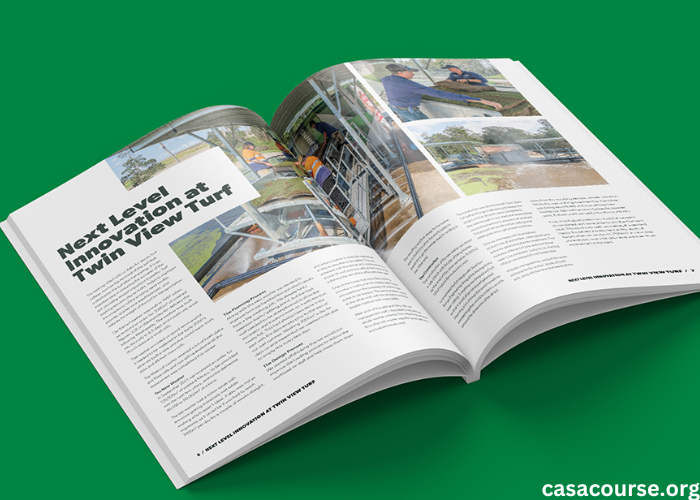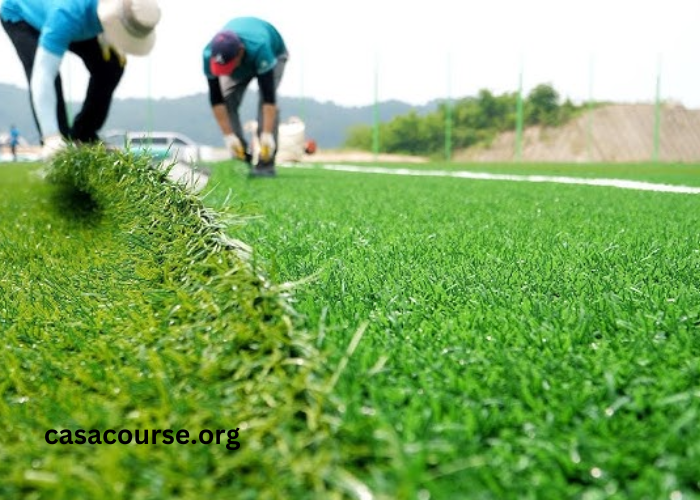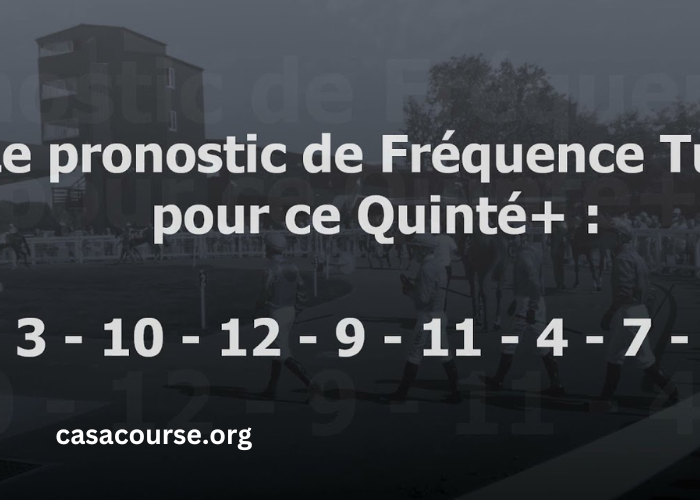Magazine Turf represents a premier choice in the realm of synthetic grass, renowned for its exceptional quality and realistic appearance. Designed to replicate the look and feel of natural grass, Magazine Turf has become a popular option for enhancing various outdoor spaces. Whether for residential lawns, commercial properties, or sports fields, this innovative turf solution combines durability, aesthetics, and minimal maintenance. This article delves into the defining features, benefits, applications, installation process, and maintenance of Magazine Turf, showcasing why it is a top contender in the synthetic grass market.
Defining Features of Magazine Turf
Magazine Turf is engineered to closely mimic the appearance and texture of natural grass. Its design includes high-quality synthetic fibers that offer a realistic look and feel, emulating the lush green of traditional lawns. The fibers are chosen for their resilience, color stability, and natural texture, ensuring that Magazine Turf maintains its aesthetic appeal over time.
A key component of Magazine Turf is its backing system. This system is designed to provide robust support and facilitate efficient drainage. Proper drainage is crucial to prevent water accumulation, which can lead to issues like mold growth and uneven surfaces. The backing system also contributes to the turf’s overall durability, enabling it to withstand heavy foot traffic and various weather conditions.
Advantages of Magazine Turf
Magazine Turf offers numerous benefits that make it a compelling choice for various applications. One of its primary advantages is its low-maintenance nature. Unlike natural grass, which requires regular mowing, watering, and fertilizing, Magazine Turf demands minimal upkeep. This feature is particularly advantageous for those seeking a consistently green and attractive outdoor space without the ongoing effort and costs associated with natural grass care. Routine maintenance involves simple tasks such as removing debris and occasionally brushing the turf to keep the fibers upright.
Durability is another significant benefit of Magazine Turf. It is designed to endure a range of stresses, including heavy foot traffic, harsh weather conditions, and general wear and tear. This makes it an excellent choice for high-traffic areas such as sports fields, playgrounds, and commercial properties. Its durability ensures that Magazine Turf maintains its appearance and functionality over time, offering excellent long-term value and reducing the need for frequent replacements.
Water conservation is a crucial feature of Magazine Turf. Traditional grass requires substantial amounts of water to remain healthy and green, which can be a concern in regions with water restrictions or drought conditions. Magazine Turf eliminates the need for irrigation, leading to significant water savings and supporting environmentally friendly landscaping practices. This eco-friendly aspect not only benefits the environment but also helps reduce water-related expenses.
Another advantage of Magazine Turf is its reduced requirement for chemical treatments. Natural grass often needs fertilizers, pesticides, and herbicides to stay healthy and visually appealing. As a synthetic product, Magazine Turf does not require these chemicals, thereby minimizing their environmental impact and reducing potential health risks for people and pets.
Applications of Magazine Turf
The versatility of Magazine Turf makes it suitable for a wide range of applications. In residential settings, it offers a low-maintenance and aesthetically pleasing solution for homeowners who desire a consistently green lawn. It enhances outdoor living spaces, including front yards, backyards, and landscaping projects, providing a vibrant and inviting environment with minimal upkeep.
In commercial landscapes, Magazine Turf provides a professional and visually appealing solution for businesses aiming to improve their property’s appearance. It helps enhance curb appeal, create a welcoming atmosphere for clients and customers, and maintain a polished look with minimal maintenance. The durability of Magazine Turf ensures that commercial properties retain their visual appeal and functionality over time.
Sports fields and recreational areas benefit significantly from Magazine Turf. Engineered to handle intense play and high traffic, it is an excellent choice for sports such as soccer, football, and tennis. The turf provides a consistent and reliable playing surface that enhances safety and performance while reducing the risk of injuries. Magazine Turf’s performance features make it suitable for both amateur and professional sports facilities.
Urban environments also find value in Magazine Turf. In city settings where traditional grass may struggle to thrive, Magazine Turf can be used on rooftops, balconies, and in small urban parks. This application helps introduce greenery into urban areas, improving aesthetics and providing recreational spaces for residents. Magazine Turf offers a solution for integrating lush green areas into urban landscapes, enhancing the overall quality of city living.
Installing Magazine Turf
The installation of Magazine Turf is a critical process that impacts its overall performance and longevity. The installation process begins with thorough site preparation, including the removal of existing vegetation, debris, and uneven surfaces. The ground must be leveled and compacted to create a stable foundation for the turf.
Once the site is prepared, a layer of crushed stone or gravel is laid down to facilitate drainage and support the turf. This layer helps prevent water accumulation and ensures that the turf remains stable and functional. After preparing the base, the Magazine Turf rolls are unrolled and carefully positioned on the surface. The seams between rolls are joined using specialized techniques to create a seamless appearance.
Infill material, such as rubber granules or sand, is then added to support the turf fibers and provide cushioning. This infill helps keep the fibers upright and enhances the overall performance of the turf. The final step involves brushing the turf to ensure that the fibers are evenly distributed and to remove any debris.
Professional installation is recommended to achieve the best results. Experienced installers can ensure that all aspects of the installation process are completed to high standards, optimizing the benefits and extending the lifespan of Magazine Turf.
Maintenance and Care of Magazine Turf
Maintaining Magazine Turf is relatively straightforward compared to natural grass. Regular cleaning is essential to keep the turf looking its best and to ensure optimal performance. This involves removing debris such as leaves, twigs, and litter using a broom or leaf blower.
Occasional washing with water helps remove dirt and stains, while a mild detergent can be used for more stubborn spots. It is important to avoid harsh chemicals or abrasive cleaners that could damage the turf. Additionally, periodic brushing helps keep the fibers upright and prevent matting.
Regular inspections are also recommended to check for any signs of damage or wear. Although Magazine Turf is designed to be highly durable, addressing any issues promptly can help extend its lifespan and maintain its appearance. If repairs are needed, they should be performed by professionals to ensure that the turf remains in optimal condition.
Environmental Impact of Magazine Turf
Magazine Turf offers several environmental benefits that align with sustainable practices. One of the most significant advantages is its water-saving properties. By eliminating the need for irrigation, Magazine Turf helps conserve water resources and reduces the demand for water in landscaping.
The reduction of chemical inputs is another key environmental benefit. Traditional lawns often require fertilizers and pesticides, which can have negative effects on local ecosystems. Magazine Turf eliminates the need for these chemicals, reducing their environmental impact and minimizing potential health risks.
The durability of Magazine Turf also contributes to its environmental benefits. Its long lifespan reduces the need for frequent replacements, which helps minimize waste and resource consumption. By maintaining its appearance and functionality over time, Magazine Turf supports sustainable landscaping practices.
Future Trends in Magazine Turf
As technology and environmental awareness continue to advance, the future of Magazine Turf is expected to see several innovations. Advances in synthetic turf materials and manufacturing processes are anticipated to enhance the performance, durability, and sustainability of Magazine Turf.
Developments in recyclable materials and eco-friendly manufacturing techniques are likely to become more prevalent, further reducing the environmental impact of synthetic turf. Additionally, advancements in turf technology may lead to improved features, such as enhanced drainage systems and better UV resistance.
The integration of smart technology into turf management is also on the horizon. Precision irrigation systems and remote monitoring tools could provide more efficient and effective maintenance solutions, optimizing resource use and extending the lifespan of the turf.
Conclusion
Magazine Turf offers a sophisticated and practical solution for enhancing outdoor spaces with minimal maintenance and exceptional durability. Its versatility makes it suitable for various applications, including residential lawns, commercial landscapes, sports fields, and urban environments. Understanding the features, benefits, and installation of Magazine Turf can help property owners and managers make informed decisions about their landscaping needs. As technology and sustainability practices continue to evolve, Magazine Turf is well-positioned to remain a leading choice for those seeking a high-quality, effective, and visually appealing turf solution.



